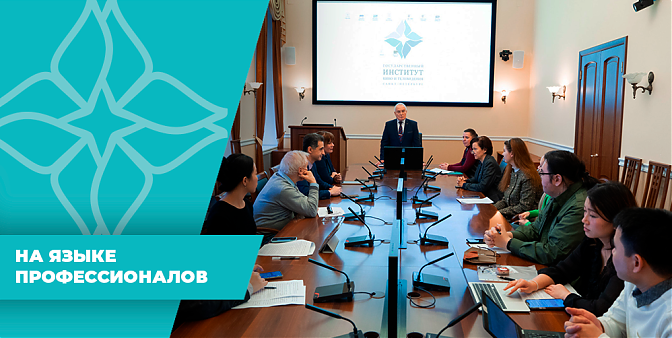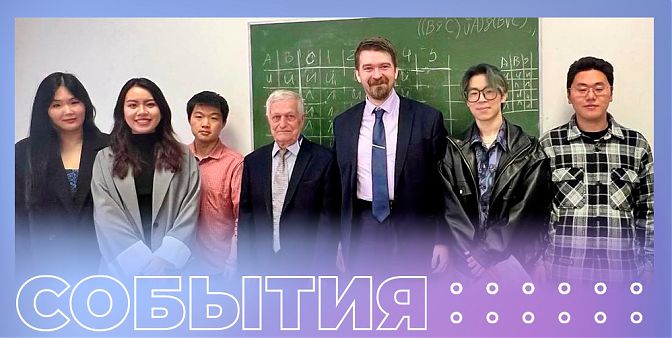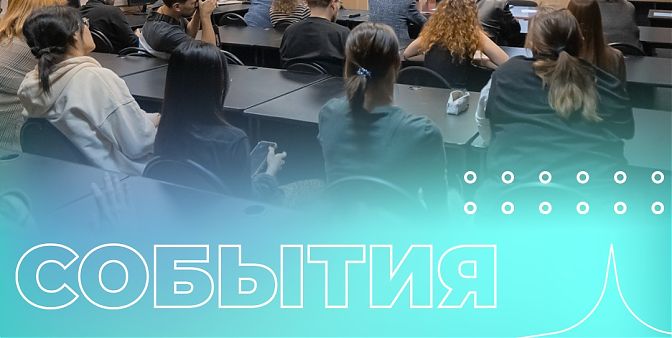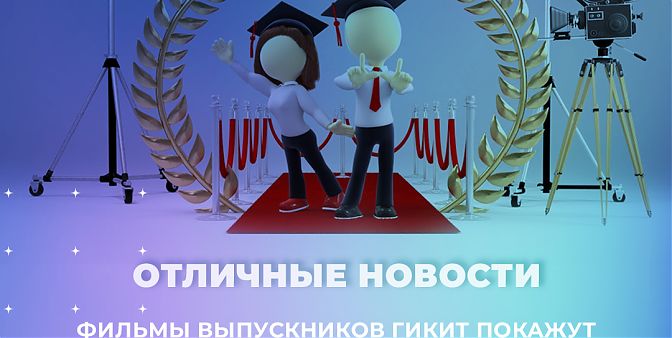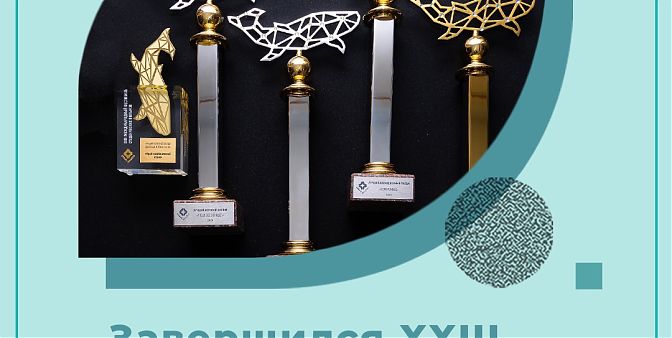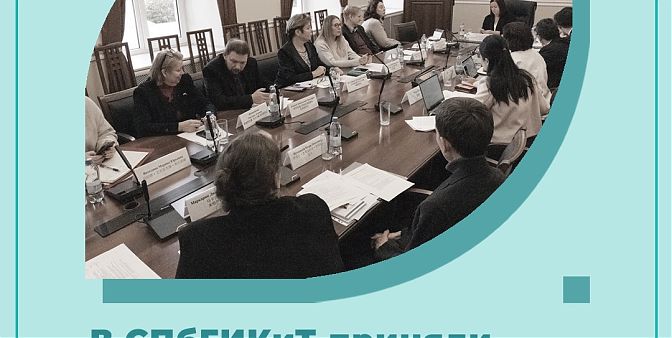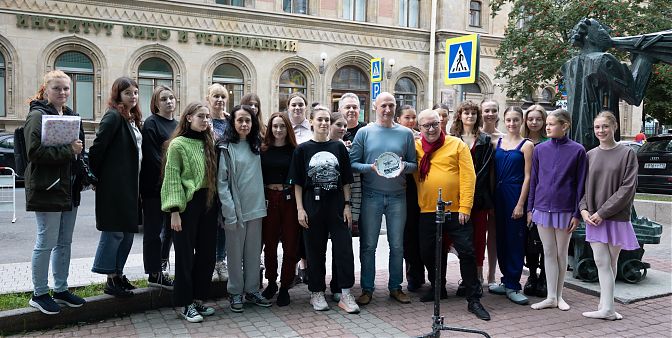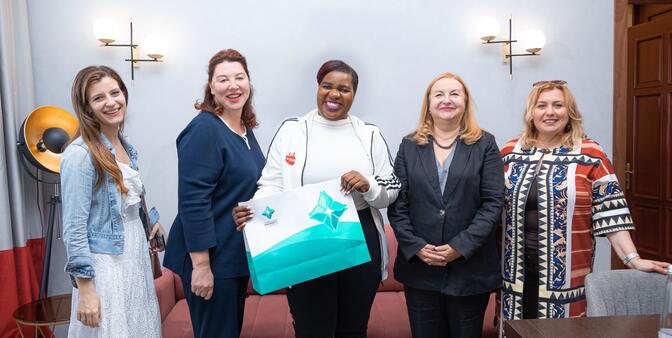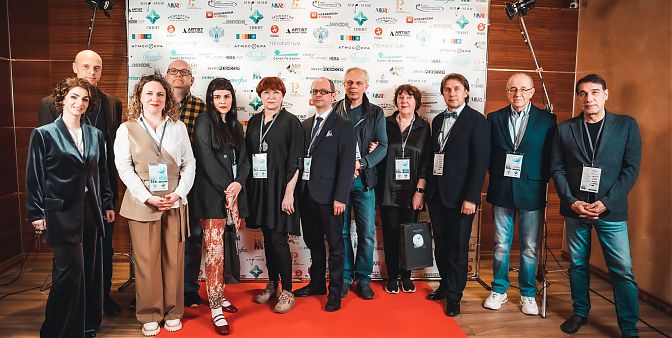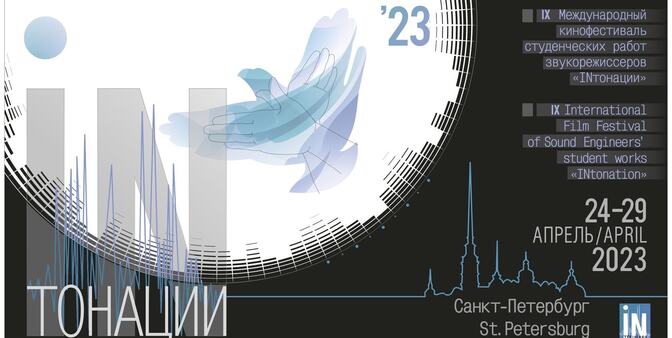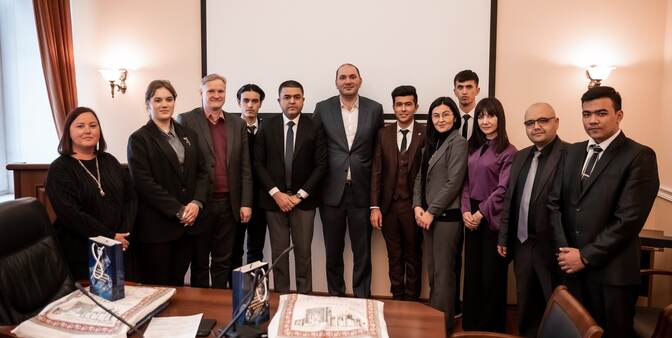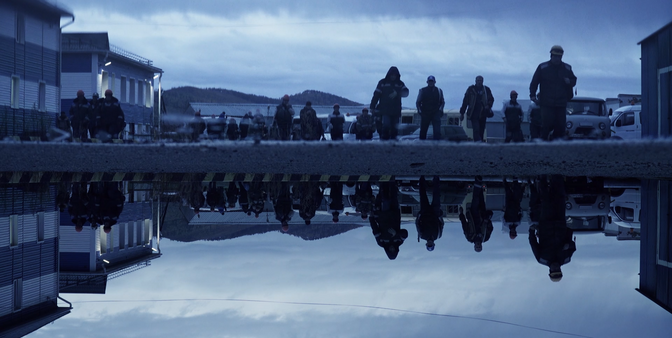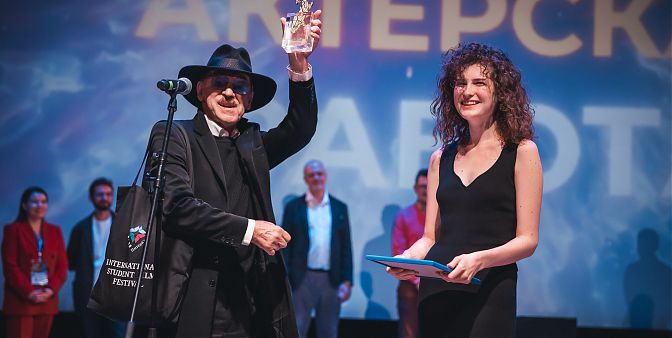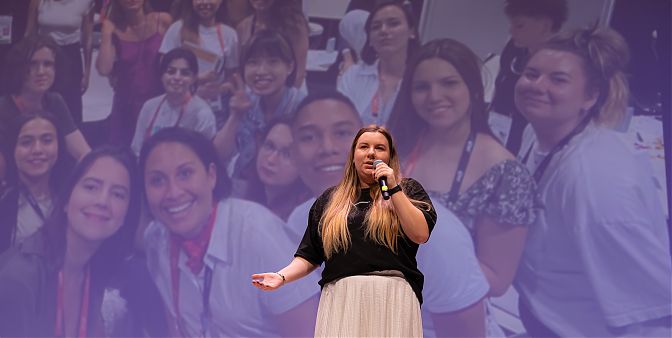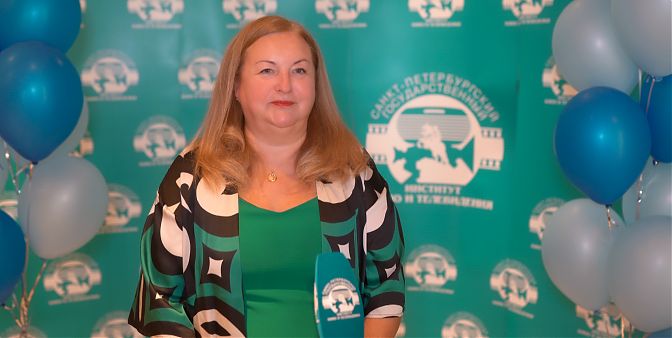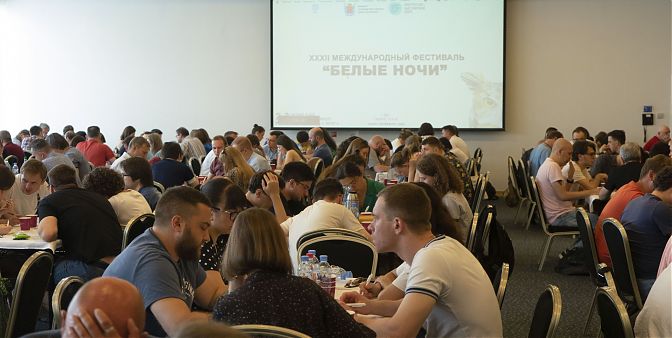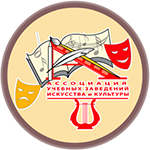21.11.2018
The final meeting of the International Colloquium of Film Schools was held at the General Staff Building of the Hermitage
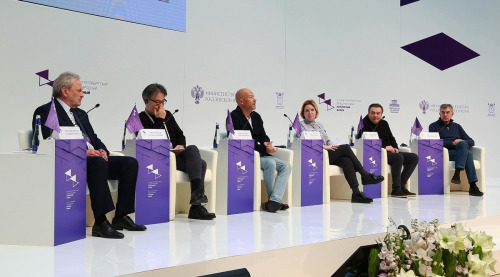
November 17, 2018 within the framework of the VII St. Petersburg International Cultural Forum, the final meeting of the International Colloquium of Film Schools was held, where representatives of the film industry summed up the program that was held the day before and discussed the problems of Russian film education. The rector of the University, Professor Alexander Dmitrievich Evmenov spoke as a speaker

On November 16, the first international colloquium of film schools was held at Lenfilm, where the main topics for discussion were topical issues of film education. The venue for the event was provided by Lenfilm Studio. The Colloquium was attended by representatives of the St. Petersburg State University of Film and Television, the Higher Courses of Scriptwriters and Directors, the VGIK, the Moscow School of Cinema and the Moscow School of New Cinema, the Alexander Mitta film school, the film schools of France, Italy and Germany.

On Saturday, November 17, the representatives of the film industry met at the General Staff Building of the Hermitage to take stock and suggest possible solutions to the topical issues related to film education. The following persons took part in the discussion: rector of our University, professor, honored worker of science of the Russian Federation, Alexander Dmitrievich Evmenov; Olga Borisovna Lyubimova, Acting Head of the Department of Cinematography of the Ministry of Culture of Russia; Soviet and Russian film director, screenwriter, People's Artist of the Russian Federation, artistic director of the film studio “Rock” Alexei Efimovich Uchitel; director, screenwriter, writer, teacher Kiyoshi Kurosawa; Soviet and Russian film producer, founder and head of PROFIT studio Igor Alexandrovich Tolstunov; Soviet and Russian film actor, film and television producer, film director Fedor Sergeevich Bondarchuk.
Particular emphasis was placed on the need for students to engage in practical directing: shoot as many films as possible, recruit a team, write their own synopses and play drama, and from the educational institutions it is very important not to hinder the student’s imagination and to promote it in every way.

As a vivid example, Alexander Dmitrievich told how the educational process is going on at the St. Petersburg State University of Film and Television:
– As for the practice at our University, students studying on specialties related to cinema begin to study them closely from the second course. In turn, first-year students may be part of film crews. Also important is the question of motivation, because the idea that a wide audience can see the film undoubtedly encourages the guys. Our University has a number of agreements with regional channels that uploaded films of our students on their websites. This not only encourages them to shoot, but also provides feedback that viewers leave.
At the end of the conference, the speakers willingly answered questions from the audience. The development of Russian cinema largely depends on the upbringing and education of the new generation. Interest in the discussion is explained by the fact that the future of domestic cinema is concerned not only with the filmmakers themselves, but also with the general consumer.
Department of Information and Public Relations


